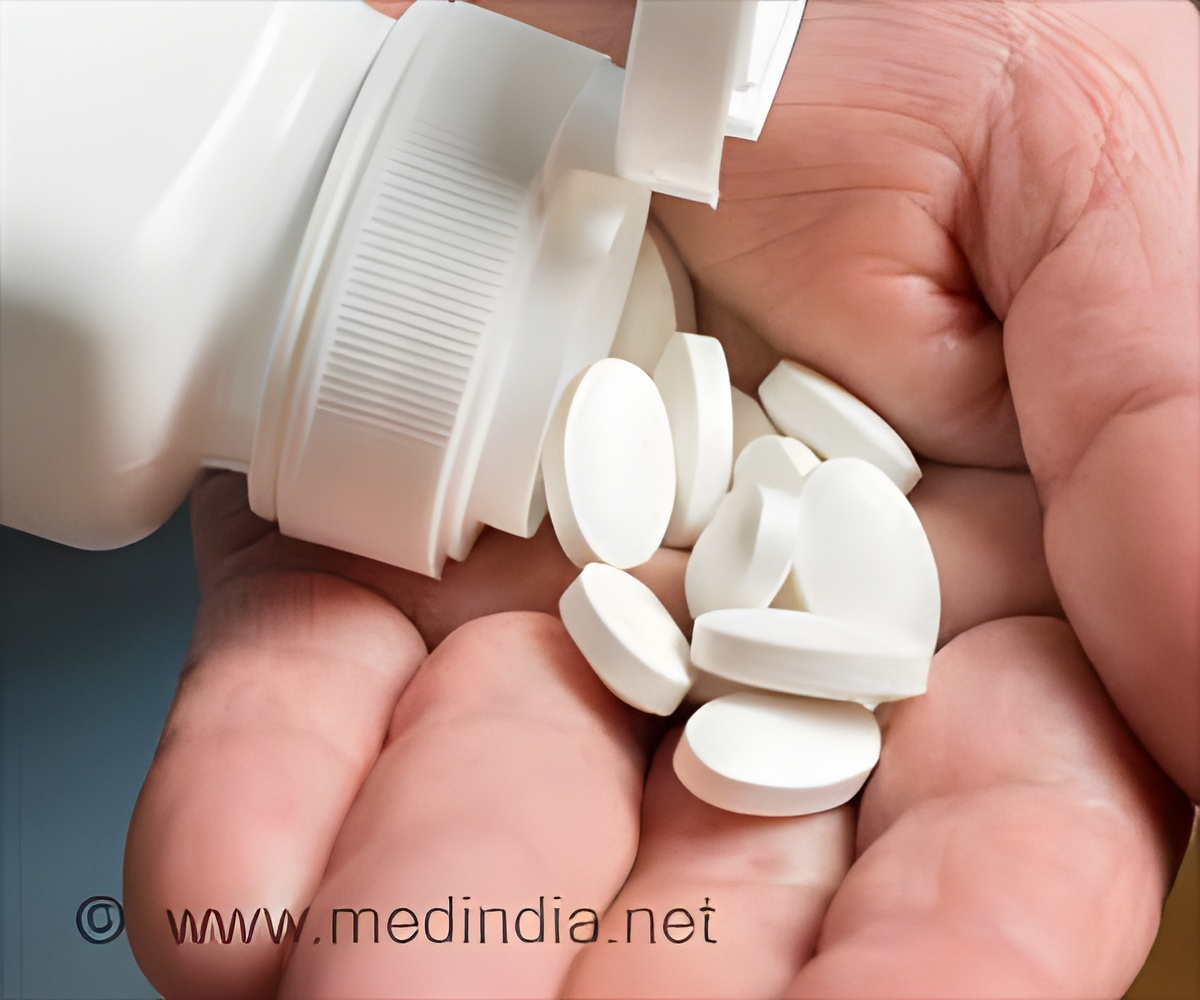Natural glycosaminoglycan, approved as a dietary supplement used for osteoarthritis, promotes the tumor growth potential of BRAF V600E-expressing human melanoma cells and confers resistance to BRAF inhibitors.

- Dietary supplement to strengthen joints may promote tumor growth in skin cancer.
- Chondroitin-4-sulfate (CHSA) has been found to promote tumor growth in melanoma.
- Chondroitin-4-sulfate is a natural glycosaminoglycan approved as a dietary supplement used for osteoarthritis.
While unconfirmed in human epidemiological studies, the findings are a warning to oncologists, and people at an elevated risk of melanoma, regarding potential risks of dietary supplements. Chondroitin sulfate, a structural component of cartilage, is often recommended for the treatment of osteoarthritis, in combination with other compounds such as glucosamine.
It is possible that someone with precancerous lesions containing the V600E mutation, who takes chondroitin sulfate, might accelerate the growth of those cells, or that V600E positive cancer patients taking chondroitin sulfate might have a higher risk of relapse, says Chen, professor of hematology and medical oncology at Winship Cancer Institute of Emory University.
"We want to be cautious about these results, and they should be followed up," he says. "There is not a lot of hard data on dietary supplement use. We found that we had to add a line to the forms melanoma patients fill out about their histories, since we weren't asking before."
He adds that a large study from the state of Washington showed no link between chondroitin sulfate and prostate or lung cancer risk, although genetic background was not examined.
Working with Chen, instructor Ruiting Lin, Ph.D discovered the effect while evaluating various metabolic enzymes for whether they would be necessary to drive proliferation in mutated B-raf melanoma. Lin observed that the enzyme chondroitin sulfate glucuronyltransferase (CSGlcA-T, or CSG here for short) emerged in her screen. CSG is important for forming the chondroitin sulfate polymer.
Chen says he and Lin were surprised to see CSG in their screen, saying: "We had to dig back in the literature to confirm that chondroitin sulfate does get taken up by cells." The finding that chondroitin sulfate can drive melanoma cell growth suggests a signaling role inside cells, which scientists are unfamiliar with. The researchers saw that only the polymeric form of chondroitin sulfate (not the digested form) would influence B-raf melanomas, which they call puzzling in the paper.
While their current paper also identifies CSG as an anticancer drug target, compounds that inhibit the enzyme are not readily available. Inhibitors would need to be tested for potential side effects such as joint pain or the deterioration of connective tissue.
References:
- Ruiting Lin, Siyuan Xia et al. The Dietary Supplement Chondroitin-4-Sulfate Exhibits Oncogene-Specific Pro-tumor Effects on BRAF V600E Melanoma Cells, Molecular Cells DOI: https://doi.org/10.1016/j.molcel.2018.02.010
Source-Eurekalert















